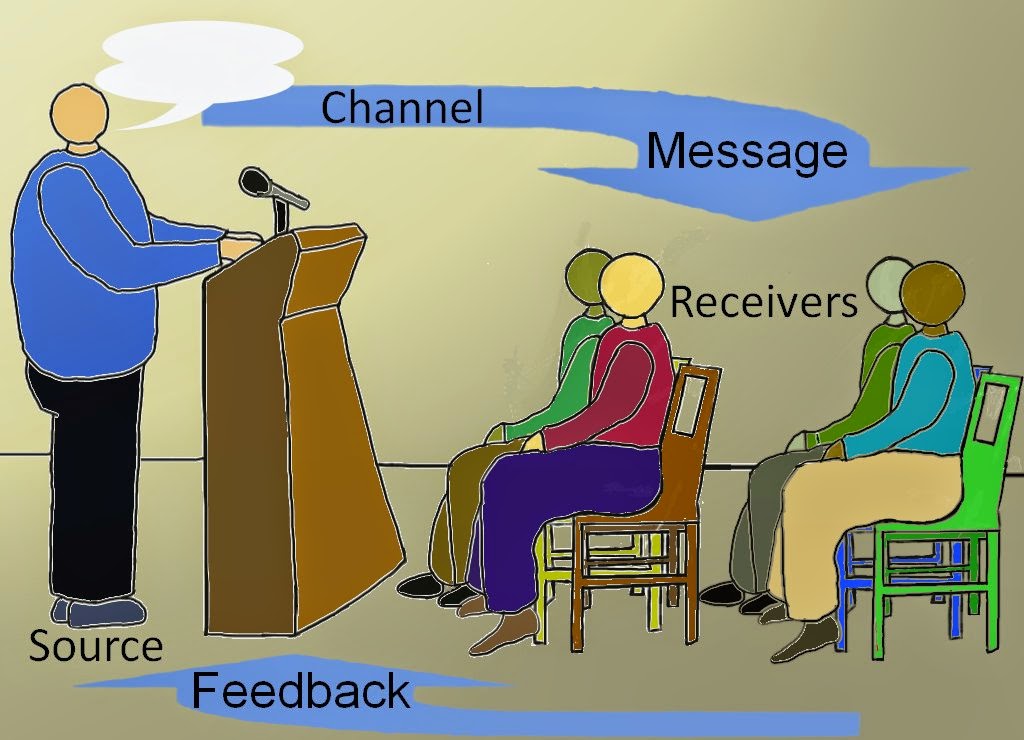The #1 Symptom Exhibited by Children with High-Functioning Autism

"In your practice, what would you say is the most common symptom shared by children with high functioning autism?" I would say the most commonly observed symptom in High Functioning Autism involves preoccupation with restricted patterns of interest. Children with High Functioning Autism (HFA) and Asperger’s (AS) are not commonly reported to exhibit ALL of the typical symptoms associated with this disorder… (e.g., encompassing preoccupation with one or more stereotyped and restricted patterns of interest that is abnormal either in intensity or focus; failure to develop peer relationships appropriate to developmental level; inflexible adherence to specific, nonfunctional routines or rituals; lack of social or emotional reciprocity; lack of spontaneous seeking to share enjoyment, interests, or achievements with other people; marked impairment in the use of multiple nonverbal behaviors such as eye-to-eye gaze, facial expression, body postures, and gestures to regulate
